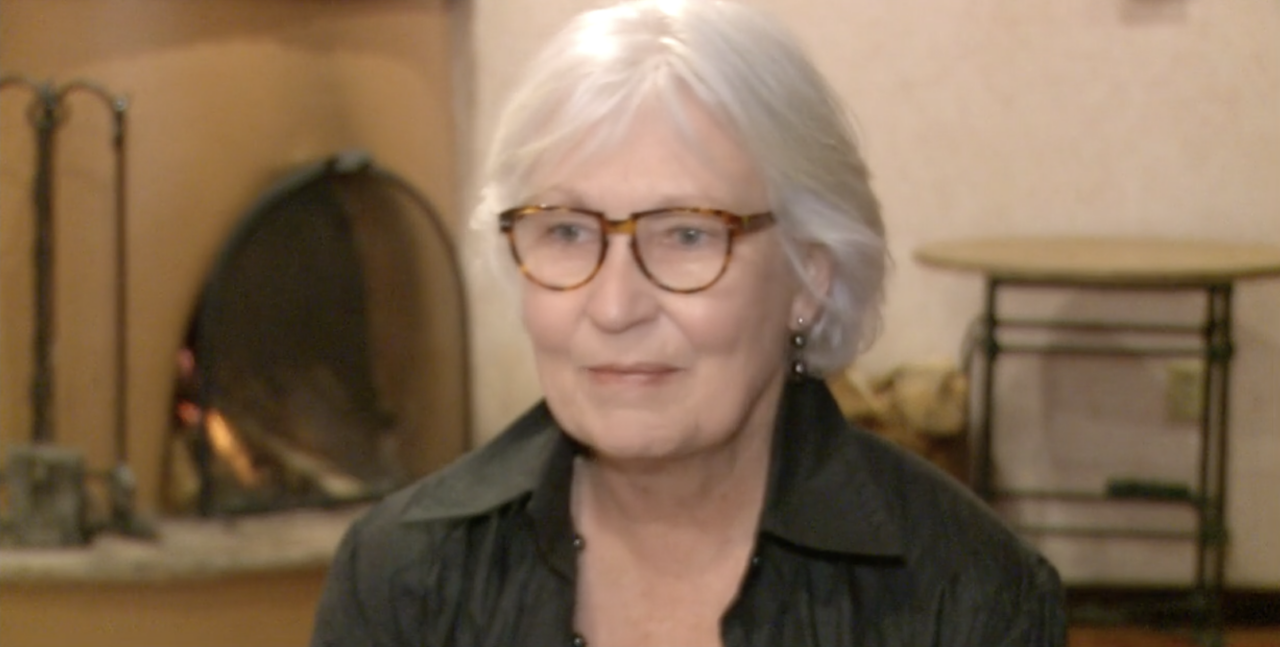History
A quarter-century of research on more than 40 social issues has given us a unique perspective on how people think about the world—and how we can have better, more productive conversations.

Founder and Board member Susan Nall Bales on FrameWorks history.
“Frameworks really began as an inquiry—an inquiry into how to shift public perceptions of progressive social change issues…to figure out what is an evidence-based approach to issue advocacy. And that really was the intellectual birth of FrameWorks.”
Susan Nall Bales
We were founded in 1999 with a clear mission: Bring leading-edge insights from social science to the nonprofit sector, supporting the sector’s capacity to reframe social problems as policy issues and drive social change.
Our work grew from the ideas of founder Susan Nall Bales, who observed that the nonprofits she worked with either didn’t have access to new ways of thinking about mass communications or used research methods that were more suited to marketing than social change or science translation.
After early experiments with traditional polling revealed their weaknesses, Bales turned to scholarly literature about how people think and make decisions. That was the beginning of her interest in framing.
A series of events bringing together social scientists and advocates led to an influential open letter to the foundation community that laid the groundwork for what would eventually become the FrameWorks Institute.
Funding from the William T. Grant Foundation gave us our official start as an organization and our first challenge: Develop a new, theoretically sound approach to studying how Americans think about a social issue and what that means for social change communications.
That approach—Strategic Frame Analysis®—has evolved and expanded but has guided our work ever since.
FrameWorks itself has also evolved. We’ve gone from a single senior fellow in 2000 to a team of more than 40. Our researchers come from a wide array of disciplines, including anthropology, sociology, linguistics, psychology, and political science. We’ve added a team of strategists to support organizations, coalitions, and progressive movements in integrating framing into their change efforts. We have hundreds of partners across six continents.
In 2015, we won a MacArthur Award for Creative and Effective Institutions.
In recent years, we have retooled to meet the needs of a moment when the rise of authoritarian, populist movements has debased the public discourse and stoked political hostility and violence. As progressives have mobilized to resist both longstanding and newly troubling forms of injustice, we committed to developing framing strategies that speak to the urgency of the moment without undermining efforts toward longer-term shifts in mindsets. Our work shaped testimony against family separation at the border, influenced nonprofit advocacy around pandemic rescue and recovery packages, and offered enduring perspectives on the fast-moving issues of the day. In response to the social upheavals of 2020, we launched the Culture Change Project – a major, multi-year initiative – to monitor and measure how American mindsets are changing due to the pandemic, anti-racist activism, and anti-democratic trends.
In 2021, we formally established our sister organization, FrameWorks UK, to deepen our impact on public discourse in the United Kingdom.
Since our founding in mid-1999, we’ve encountered changes aplenty: the reality of the virtual world, the rise of mission-driven media, and shifts in how we perceive political identities and pursue policy change. Despite this, the core observations that got us started have proven remarkably resilient, borne out through hundreds of studies and countless campaigns: What we say matters. The questions we ask matter. A more reasonable, inclusive, and justice-focused discourse is within our reach. The right kind of evidence can guide us to better strategy, better answers, and more sustainable change. As long as the mission-driven sector has a unique contribution to make to progressive change, we will remain committed to providing the research and partnerships needed to move the public discourse on social issues.